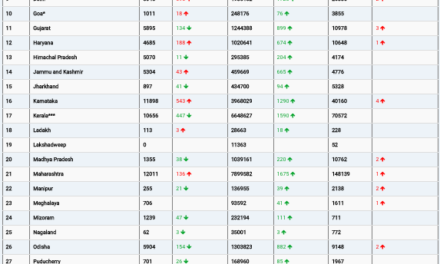Philadelphia, PA — Scientists at The Wistar Institute have made significant strides in cancer treatment by developing a groundbreaking therapy targeting advanced clear cell renal cell carcinoma (ccRCC), a particularly lethal form of kidney cancer. The new therapy, named Persistent Multivalent T Cell Engager (CA9-PMTE), has shown remarkable efficacy in pre-clinical models, offering hope for patients with limited treatment options.
Clear cell renal cell carcinoma affects thousands worldwide, with survival rates remaining low despite advancements in immunotherapy. Traditional treatments, including checkpoint inhibitors, have had limited success due to the tumor’s ability to evade immune detection. This challenge prompted researchers to explore bispecific T cell engagers (BTEs), which enhance T cells’ ability to recognize and destroy cancer cells.
First-generation BTEs, while effective against some cancers, suffer from a short half-life, limiting their overall impact. Building upon this technology, Wistar scientists engineered CA9-PMTE using recombinant and synthetic DNA variants of therapeutic antibodies. These modifications aim to prolong the therapy’s effectiveness and improve its targeting specificity.
“This new approach represents a potential game-changer in the treatment landscape for ccRCC,” commented Ryan O’Connell, lead author and predoctoral trainee at The Wistar Institute’s Vaccine & Immunotherapy Center. “By enhancing the persistence and potency of bispecific antibodies, CA9-PMTE not only offers a longer-lasting treatment option but also synergizes well with existing therapies like checkpoint inhibitors.”
The key innovation lies in CA9-PMTE’s ability to act like “double-sided tape,” attaching one end to T cells and the other to cancer cells, thereby bridging the gap that prevents immune recognition of cold tumors like ccRCC. This mechanism not only enhances T cells’ targeting accuracy but also extends the therapy’s duration in the body, potentially reducing treatment frequency and improving patient outcomes.
David Weiner, Ph.D., senior author and executive vice president at The Wistar Institute, emphasized the broader implications of this research. “These Persistent Multivalent T Cell Engagers represent a significant advancement in cancer therapy, offering improved potency and potentially lowering the overall cost of treatment,” said Weiner. “We are optimistic about further exploring their effectiveness in combination therapies and across other challenging cancers.”
The study, supported by grants from the National Institutes of Health and several foundations, marks a critical step toward developing personalized cancer treatments that harness the body’s immune system to fight disease more effectively. Researchers are now expanding their investigations to evaluate CA9-PMTE in combination with other immunotherapies, aiming to translate these promising preclinical results into clinical benefits for patients.











